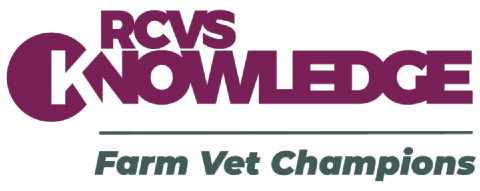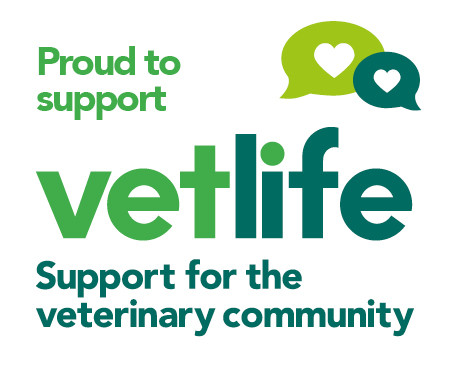BCVA welcomes the news from the Graduate and Employer Survey for 2019 that 95 per cent of surveyed graduates reported being happy with their chosen course and that two-thirds believe their degree helped their proficiency in decision making.
Both newly qualified vets and employers participated in the second national survey on graduate competency conducted by the Veterinary Schools Council (VSC) in collaboration with the RCVS. The data illustrates current perceptions of recent graduate competency and BCVA believes the outcomes demonstrate that there is a vital role for veterinary associations to help both vet and employers.
“I was delighted to see that graduates still retain a passion for animal welfare and veterinary science after graduation” says Nikki Hopkins, BCVA President. “There’s so much in this survey to be positive about, and some really useful data that clearly illustrates a role for membership organisations, like BCVA, in providing the kind of CPD that new vets need to build confidence and apply the practical and communication skills that employers across our sector say they are looking for.
“As veterinary leaders – many in practice like myself, but also from a cross section of the profession - we have a vital role in helping build confidence and skills in graduates, because we understand their needs and also the needs of the practice and our clients.”
Communication & Decision Making
The survey shows that graduates consider themselves confident communicators, particularly in their relationships with colleagues. Yet a percentage of employers, whilst impressed with record keeping, felt there was room for improvement, with “20% disagreeing or strongly disagreeing that their new employee demonstrated effective and respective interpersonal interactions.”
Some employers had identified that their newly qualified staff struggle to “contextually fit a decision to a client” in order to provide “cost-limited treatment that compromised the gold standard, fully investigative model taught at university.”
“Of course, many of these skills come with experience” says Nikki Hopkins, “but communication and decision making are also about confidence, and new graduate support offered by a membership association can help with that. It is why BCVA held its New Graduate Weekend in Cardiff last year – which was well-received and something we will look to continue after the restrictions imposed by the pandemic. We have made a commitment to expand our new graduate resources this year, because we owe it to our new colleagues and to our own practices and veterinary businesses to build confidence and develop practical skills in recent graduates.”
EMS – getting the experience
Four fifths of those surveyed agreed or strongly agreed that EMS had prepared them for entering the workforce. This can be a challenge for students looking for farm animal placements, and why BCVA has recently undertaken a campaign within its membership to develop a database of practices who will welcome EMS student placements.
“EMS is an important part of your clinical years, and it’s important to recognise that this has not been possible for many of the 2020 cohort and is also affecting those due to graduate in 2021” says Nikki Hopkins. “However, once the restrictions of lockdown have been lifted, I hope more practices consider opening their doors and showing students what everyday life in practice looks like, as well as giving them appropriate opportunities to develop their technical and practical skills. The BCVA database helps connects practice owners with potential cattle vets, and it will be a vital tool in helping bring graduates into farm practice.”
BCVA will be launching its expanded programme for final year students and newly qualified vets later this year. The aim will be to support those starting out as farm vets and to demonstrate the breadth of opportunity to work across the sector - in practice, in academia and in industry.






